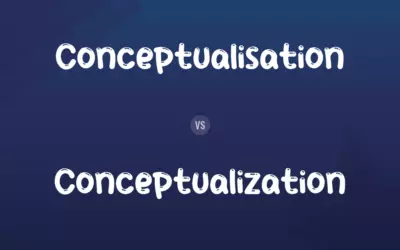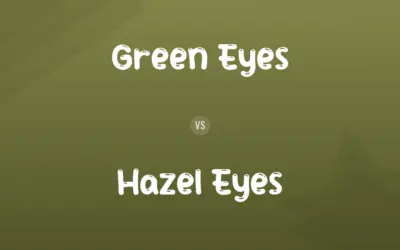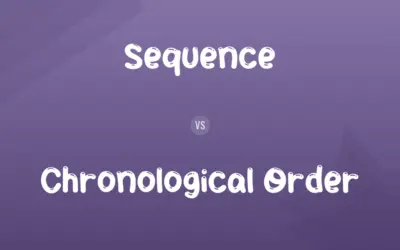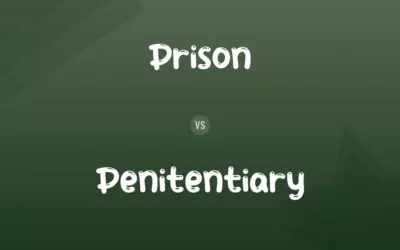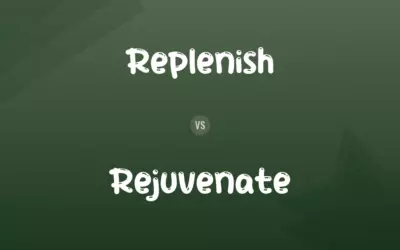Calm vs. Quite: Difference and Comparison
Edited by Muazma Batool — By Muneeza Rehman — Updated on February 21, 2024
"Calm" describes a state of peace and tranquility, often used to refer to serene environments or a composed demeanor."Quite" is an adverb meaning to a considerable extent or degree, used to emphasize the intensity or degree of an adjective or adverb.
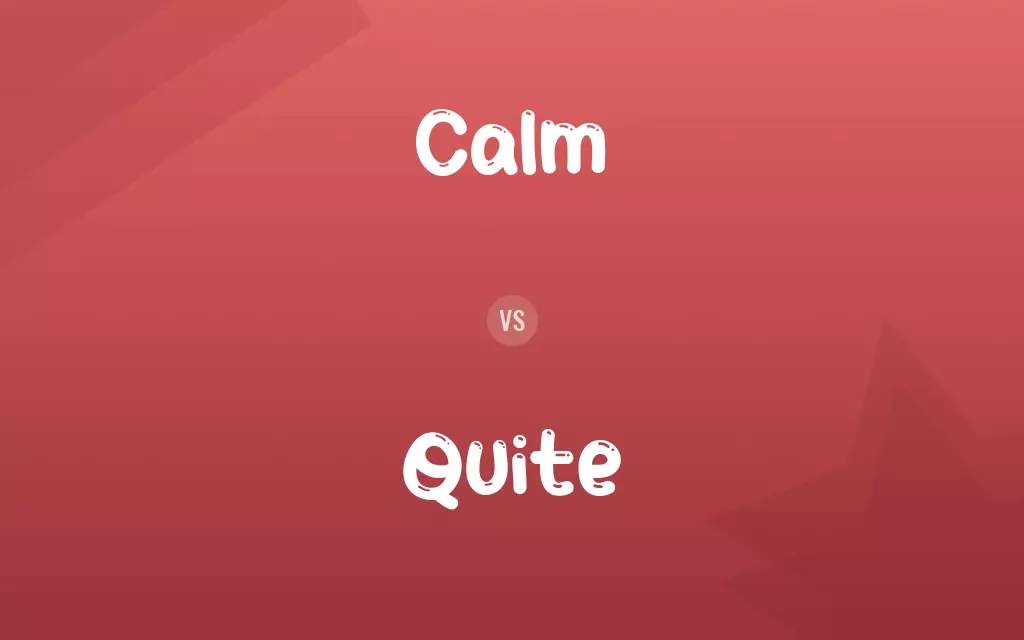
Difference Between Calm and Quite
"Calm" can refer to both a physical state of minimal movement or noise, such as a calm sea, and a psychological state of serenity or lack of agitation, such as feeling calm before an exam. "Quite," on the other hand, modifies other words to indicate degree, as in "quite interesting" or "quite large," without specifying a precise extent.
Muneeza Rehman
Feb 21, 2024
"Calm" is used as both an adjective and a verb (to calm someone or something), "quite" functions as an adverb. This grammatical difference highlights their distinct roles in language: "calm" describes a quality or action, and "quite" modifies or intensifies an adjective or adverb.
Muazma Batool
Feb 21, 2024
The use of "calm" often implies a desirable or positive state, suggesting balance, control, or peacefulness, whether in nature, situations, or personal demeanor. Conversely, "quite" is neutral, serving to scale the attribute it modifies up to a notable but unspecified magnitude.
Muneeza Rehman
Feb 21, 2024
In expressions of emotion or reactions, "calm" can be both a directive and a descriptor, advising someone to "stay calm" in stressful situations or describing someone's ability to remain composed. "Quite," however, can amplify or mildly increase the sentiment expressed by the adjective or adverb it precedes, as in "quite happy" or "quite slowly," without implying any specific emotional state.
Muneeza Rehman
Feb 21, 2024
The context in which "calm" and "quite" are used varies greatly, with "calm" fitting contexts requiring descriptions of tranquility or composure, and "quite" being versatile in enhancing descriptions across a wide range of subjects, from physical size to abstract concepts.
Muneeza Rehman
Feb 21, 2024
Calm vs. Quite Comparison Chart
Meaning
State of peace, tranquility, or stillness
To a considerable extent or degree
Muneeza Rehman
Feb 21, 2024
Usage
Describes environments, situations, or demeanors
Modifies adjectives or adverbs
Muneeza Rehman
Feb 21, 2024
Example Sentence
"She remained calm during the crisis."
"The movie was quite entertaining."
Levi
Feb 21, 2024
Calm vs. Quite Definitions
◉Calm
Not windy, stormy, or disturbed.
The lake was calm under the moonlight.
Muneeza Rehman
Feb 21, 2024
◉Quite
Used to add emphasis to an adjective or adverb.
The painting was quite beautiful.
Elijah
Feb 21, 2024
◉Calm
To make someone or something tranquil.
She calmed the crying baby with a gentle lullaby.
Nolan
Feb 21, 2024
◉Quite
To a significant extent but not completely.
The test was quite difficult, but she managed to pass.
Muneeza Rehman
Feb 21, 2024
◉Calm
Free from agitation or strong emotion.
The calm teacher soothed the anxious student.
Muneeza Rehman
Feb 21, 2024
◉Quite
Completely; wholly (British English, in some contexts).
I’m quite tired of the constant noise.
Muneeza Rehman
Feb 21, 2024
◉Calm
Peaceful, quiet, and serene.
He enjoyed the calm atmosphere of the library.
Muneeza Rehman
Feb 21, 2024
◉Quite
Moderately; fairly.
The results were quite good, considering the circumstances.
William
Feb 21, 2024
◉Calm
Nearly or completely motionless; undisturbed
the calm surface of the lake.
Muneeza Rehman
May 03, 2023
◉Quite
To the greatest extent; completely
quite alone.
not quite finished. See Usage Note at perfect.
Muneeza Rehman
May 03, 2023
Calm vs. Quite Frequently Asked Questions
How is "quite" used in a sentence?
"Quite" is used as an adverb to modify adjectives or other adverbs, indicating a considerable degree or extent of the quality described.
Muneeza Rehman
Feb 21, 2024
What is the difference between "calm" as an adjective and as a verb?
As an adjective, "calm" describes a state of tranquility; as a verb, it describes the action of making someone or something tranquil.
Jonathan
Feb 21, 2024
Can "calm" be used as a verb?
Yes, "calm" can be used as a verb meaning to soothe or reduce agitation, as in calming a person or situation.
Muneeza Rehman
Feb 21, 2024
Can "quite" imply complete satisfaction?
In some contexts, especially in British English, "quite" can imply complete satisfaction or agreement, though this usage is less common.
Olivia
Feb 21, 2024
Is "quite" always used to mean "very"?
While "quite" often means "to a considerable extent," its intensity can vary based on context, sometimes suggesting a lesser degree than "very."
Muneeza Rehman
Feb 21, 2024
How do "calm" and "quite" differ in their emotional connotations?
"Calm" generally has a positive connotation of peace and serenity, while "quite" is neutral, amplifying the sentiment of the word it modifies without adding emotional content.
Nolan
Feb 21, 2024
What does "calm" mean?
"Calm" refers to a state of peace, tranquility, or lack of disturbance, either in the environment or in one's demeanor.
Muneeza Rehman
Feb 21, 2024
Is "calm" appropriate for describing weather conditions?
Yes, "calm" can be used to describe peaceful and still weather conditions, such as a calm sea or a calm day.
Muneeza Rehman
Feb 21, 2024
Can "quite" be used with negative adjectives?
Yes, "quite" can modify both positive and negative adjectives, e.g., "quite unpleasant."
Muneeza Rehman
Feb 21, 2024
How does the use of "quite" vary between American and British English?
In British English, "quite" can mean "completely" or "entirely" in some contexts, a usage less common in American English.
Lucas
Feb 21, 2024
Content Creators
Written by
Muneeza RehmanAt Comparisons.wiki, Muneeza skillfully navigates the vast sea of information, ensuring clarity and accuracy as the lead content editor. With a keen eye for detail, she curates every comparison to enlighten and engage readers.
Edited by
Muazma BatoolAs a content editor, Muazma Batool is not just a grammar guru but a creative mastermind who breathes life into every word. With an eagle eye for detail and a passion for storytelling, she transforms bland text into engaging content that captivates audiences and drives results.


